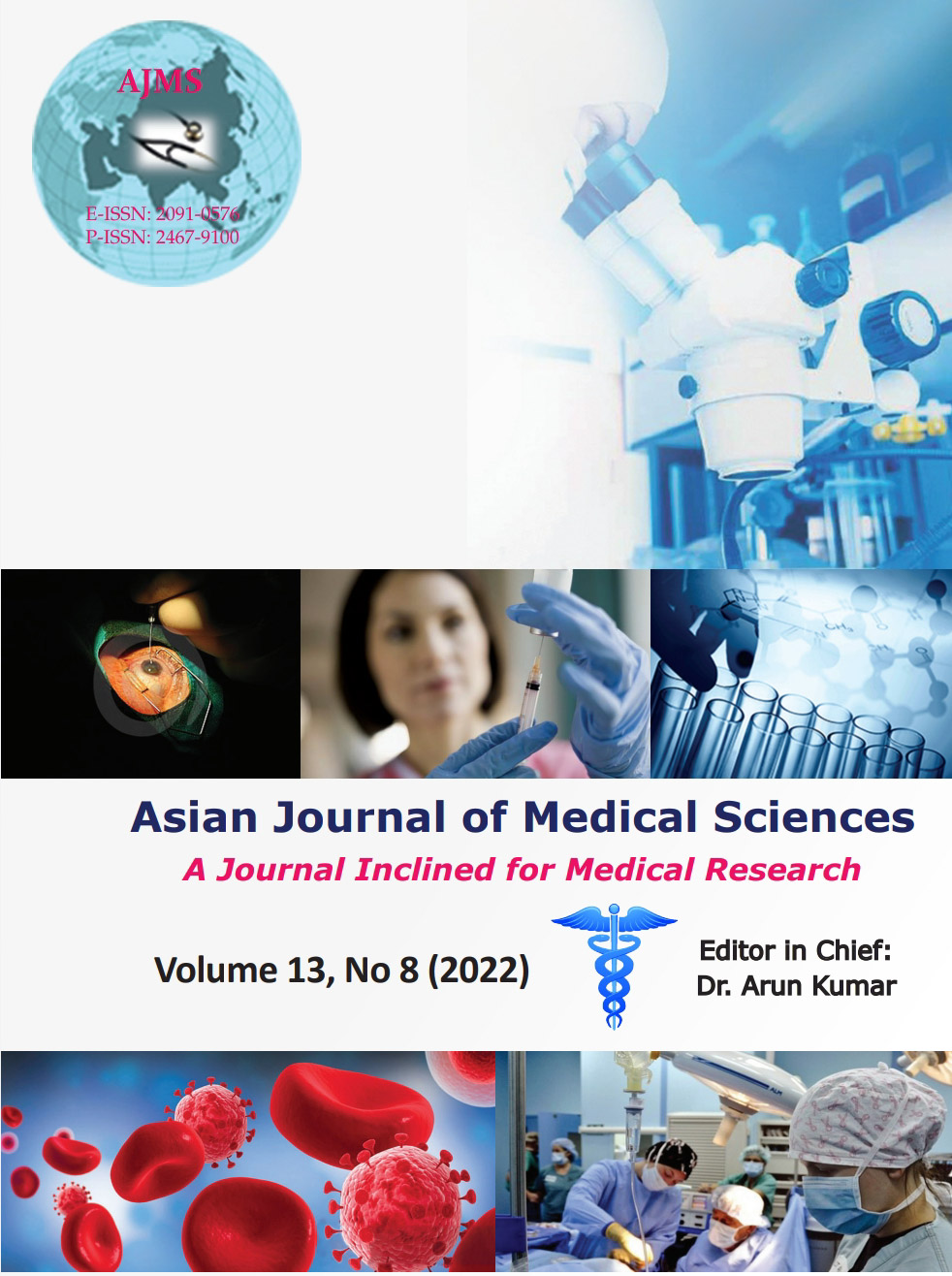Amoxicillin+clavulanic acid in community acquired pneumonia: Past, present, and future from an Indian perspective
Keywords:
Amoxicillin; Amoxicillin clavulanic acid; Antimicrobial resistance; Antibiotic resistance; Antimicrobial resistance; CAP; Community acquired pneumonia; PneumoniaAbstract
Community acquired pneumonia (CAP) is a major health problem in India with high morbidity and mortality. The threat posed by this infection is further intensified by the continued emergence of resistance to the currently available antibiotics. With a heritage of more than 24 years in India, amoxicillin+clavulanic acid is one of the most common antibiotics used for CAP. It was developed with an intent to sustain the efficacy of amoxicillin which was challenged due to the emergence of the beta-lactamase producing microorganism. Over a period, it has been included in national and international guidelines for the treatment of CAP. To assure the highest probability of clinical cure and to combat development of resistance: It is imperative for amoxicillin+clavulanic acid to reaffirm itself. Optimization of the PK/PD and higher dose of amoxicllin+clavulanic acid will tackle the burden of the future difficult to manage respiratory infections.
Downloads
Downloads
Published
How to Cite
Issue
Section
License
Copyright (c) 2022 Asian Journal of Medical Sciences

This work is licensed under a Creative Commons Attribution-NonCommercial 4.0 International License.
Authors who publish with this journal agree to the following terms:
- The journal holds copyright and publishes the work under a Creative Commons CC-BY-NC license that permits use, distribution and reprduction in any medium, provided the original work is properly cited and is not used for commercial purposes. The journal should be recognised as the original publisher of this work.
- Authors are able to enter into separate, additional contractual arrangements for the non-exclusive distribution of the journal's published version of the work (e.g., post it to an institutional repository or publish it in a book), with an acknowledgement of its initial publication in this journal.
- Authors are permitted and encouraged to post their work online (e.g., in institutional repositories or on their website) prior to and during the submission process, as it can lead to productive exchanges, as well as earlier and greater citation of published work (See The Effect of Open Access).




